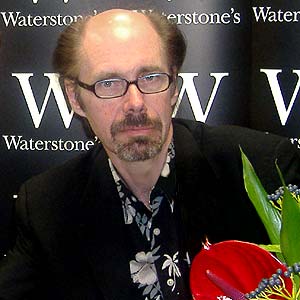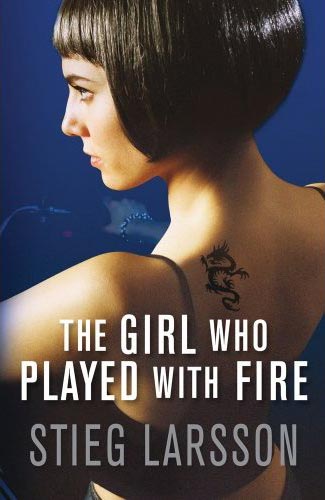Jeffery Deaver reckons William Shakespeare would understand what he is about.
“I call myself a manufacturer," he says. "I produce books. It’s an approach that applies to genre fiction,
primarily, but I think you can say something similar of all types of writing.
Balzac, Rembrandt and Shakespeare – they were all producers. They made products
that they sold. Now, they call it art.”
Deaver is a great interview. a no nonsense author without literary pretension. A man totally at ease with what he does and why he does it.
Before writing “chapter one”, Deaver plans
his books methodically, slaving away for up to eight months to produce a
150-page outline, detailing character traits, plot twists and clues.
Nobody waxes lyrical about the depth of Deaver's prose or the poetry of his language. But stand up and salute a man who knows how to keep a story twisting and turning.
Nobody waxes lyrical about the depth of Deaver's prose or the poetry of his language. But stand up and salute a man who knows how to keep a story twisting and turning.
I enjoyed reading Deaver's new book, XO. I also had fun with his Bond, Carte Blanche (TERRIBLE cover on the UK edition...bigger 007 branding surely?)
Deaver made the point to me that all writers should learn from his approach. His intention is to create an emotional response from the reader. To give him thrills. A literary writer might want to generate an intellectual response. But that doesn't mean they shouldn't plan.
Deaver believes wholeheartedly in the idea that you can learn how to write -- that by and large it is a craft, not a gift. OK, he concedes that there are certain things you need to have to be a writer -- a keen sense of empathy is one of them. And yet he differs in his approach from the many creative writing classes we hear about from the US. He emphasises structure over prose. Plotting over the nuances of character and expression.
* Jeffery Deaver interview is in the June 18 edition of The Big Issue






